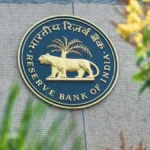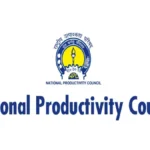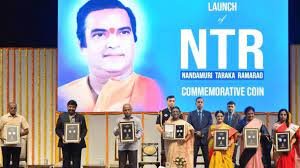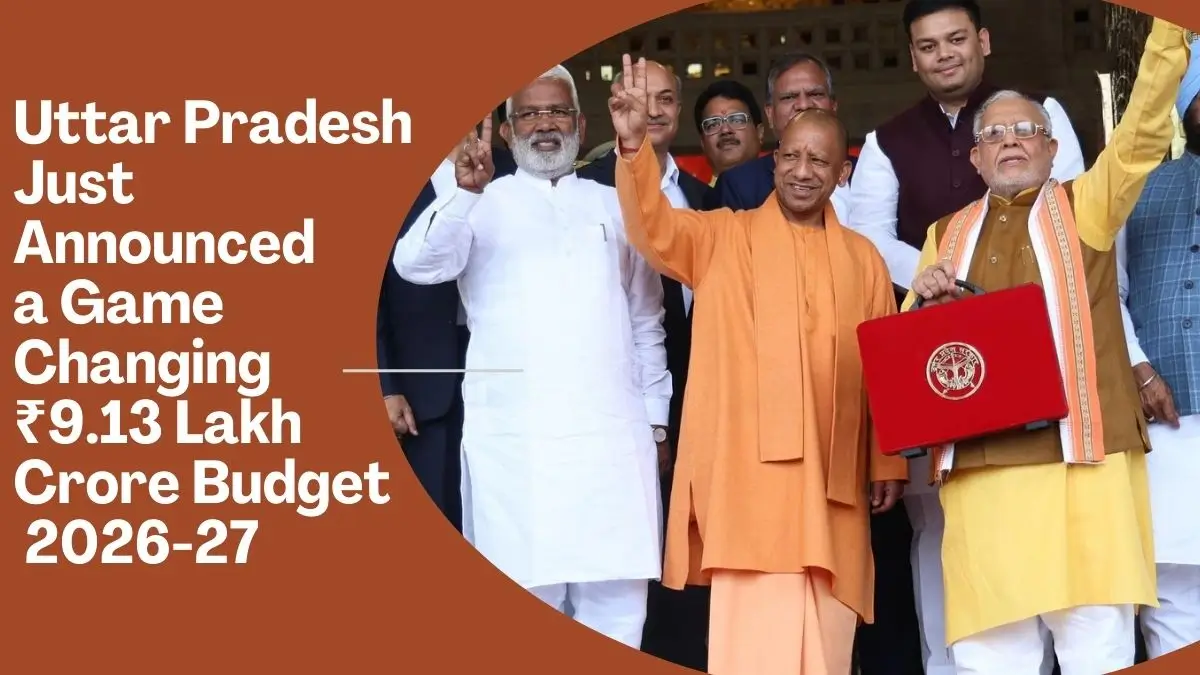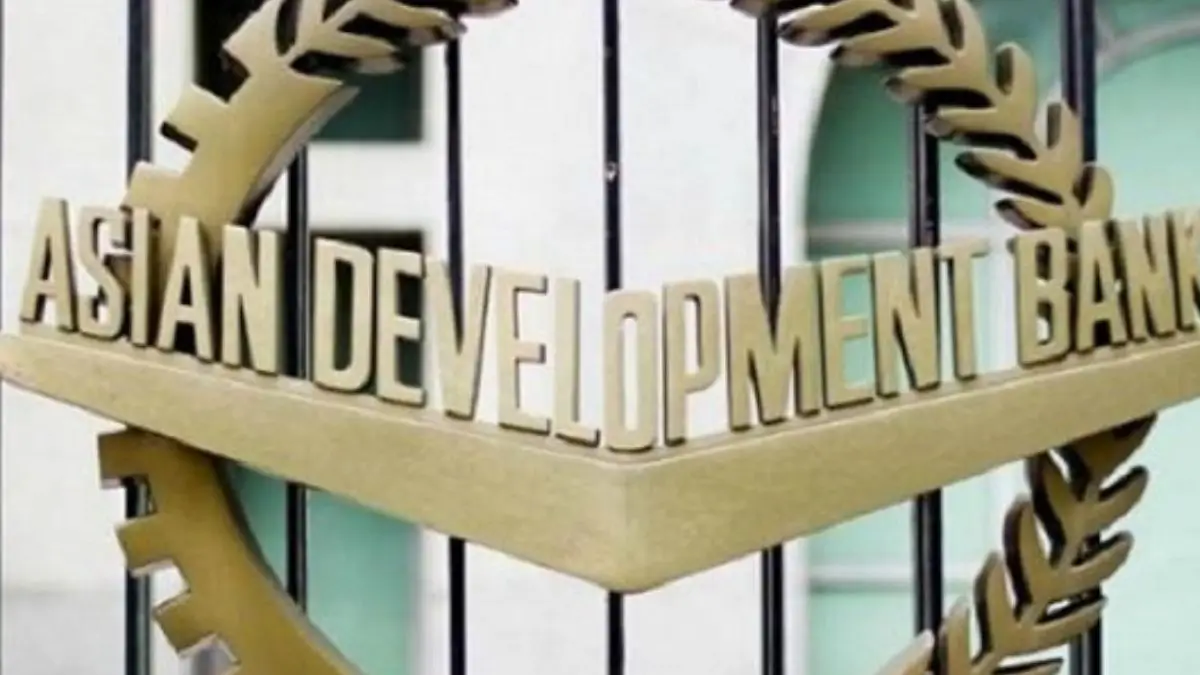President Murmu Releases Commemorative Coin on Former Andhra Pradesh CM N.T. Rama Rao
In a momentous occasion for history enthusiasts and admirers of the legendary actor and politician, Nandamuri Taraka Rama Rao, popularly known as N.T. Rama Rao, President Girish Chandra Murmu released a commemorative coin in his honor. The event, which took place on [date], marks a significant tribute to the iconic leader who left an indelible mark on Andhra Pradesh’s political landscape. This development holds relevance not only for history buffs but also for aspirants preparing for various government exams, where knowledge of prominent leaders and historical events is crucial. In this article, we delve into why this news is important, provide historical context, and present five key takeaways that candidates should remember.
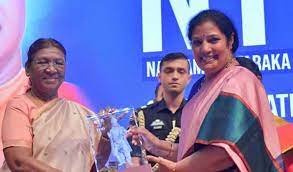
Why this News is Important
- Tribute to a Political Icon: The release of a commemorative coin for N.T. Rama Rao is a significant gesture to honor his contributions to the world of politics and cinema. This event reflects the importance of recognizing leaders who have had a lasting impact on their respective states and the nation as a whole.
- Historical Significance: N.T. Rama Rao served as the Chief Minister of Andhra Pradesh three times, and his leadership transformed the state’s political landscape. Understanding his legacy is crucial for candidates preparing for civil service exams, as his policies and governance are often subjects of examination questions.
- Cultural Influence: Apart from politics, N.T. Rama Rao was a renowned actor and a cultural icon. His influence extended beyond politics, making him an intriguing figure for students preparing for various exams related to culture and arts.
Historical Context
Nandamuri Taraka Rama Rao, born on May 28, 1923, in Nimmakuru, Andhra Pradesh, was a multifaceted personality. He entered the film industry and soon became a celebrated actor, earning the moniker “NTR.” However, his foray into politics in the early 1980s marked a turning point in his life. He founded the Telugu Desam Party (TDP) and led it to a stunning victory in the 1983 Andhra Pradesh Assembly elections, becoming the Chief Minister.
N.T. Rama Rao’s tenure as Chief Minister was marked by several welfare schemes, including the famous ‘Pension for the Old and Disabled’ and ‘Mid-Day Meal’ programs. His commitment to the welfare of the common people earned him immense popularity and trust.
Key Takeaways from this News
| Serial Number | Key Takeaway |
|---|---|
| 1 | President Murmu released a commemorative coin in honor of N.T. Rama Rao. |
| 2 | N.T. Rama Rao was a prominent actor and politician who served as Andhra Pradesh’s Chief Minister three times. |
| 3 | His contributions to welfare programs and his cultural influence make him a significant figure in Indian history. |
| 4 | This news is essential for aspirants preparing for government exams as it relates to prominent leaders and historical events. |
| 5 | Understanding N.T. Rama Rao’s legacy is crucial for civil service exam candidates, as questions on his governance are common. |
Important FAQs for Students from this News
Q: Who was N.T. Rama Rao, and why is he significant?
A: N.T. Rama Rao, also known as NTR, was a renowned actor and three-time Chief Minister of Andhra Pradesh. He is significant for his contributions to both politics and cinema.
Q: What was the occasion for the release of the commemorative coin in his honor?
A: The commemorative coin was released by President Girish Chandra Murmu to honor N.T. Rama Rao’s legacy.
Q: How many times did N.T. Rama Rao serve as Chief Minister?
A: N.T. Rama Rao served as Chief Minister of Andhra Pradesh three times.
Q: What were some of N.T. Rama Rao’s notable welfare schemes during his tenure as Chief Minister?
A: Notable welfare schemes introduced by N.T. Rama Rao include ‘Pension for the Old and Disabled’ and ‘Mid-Day Meal’ programs.
Q: Why is this news important for government exam aspirants?
A: This news is important for exam aspirants as it relates to prominent leaders and historical events, which are often subjects of examination questions.
Some Important Current Affairs Links





